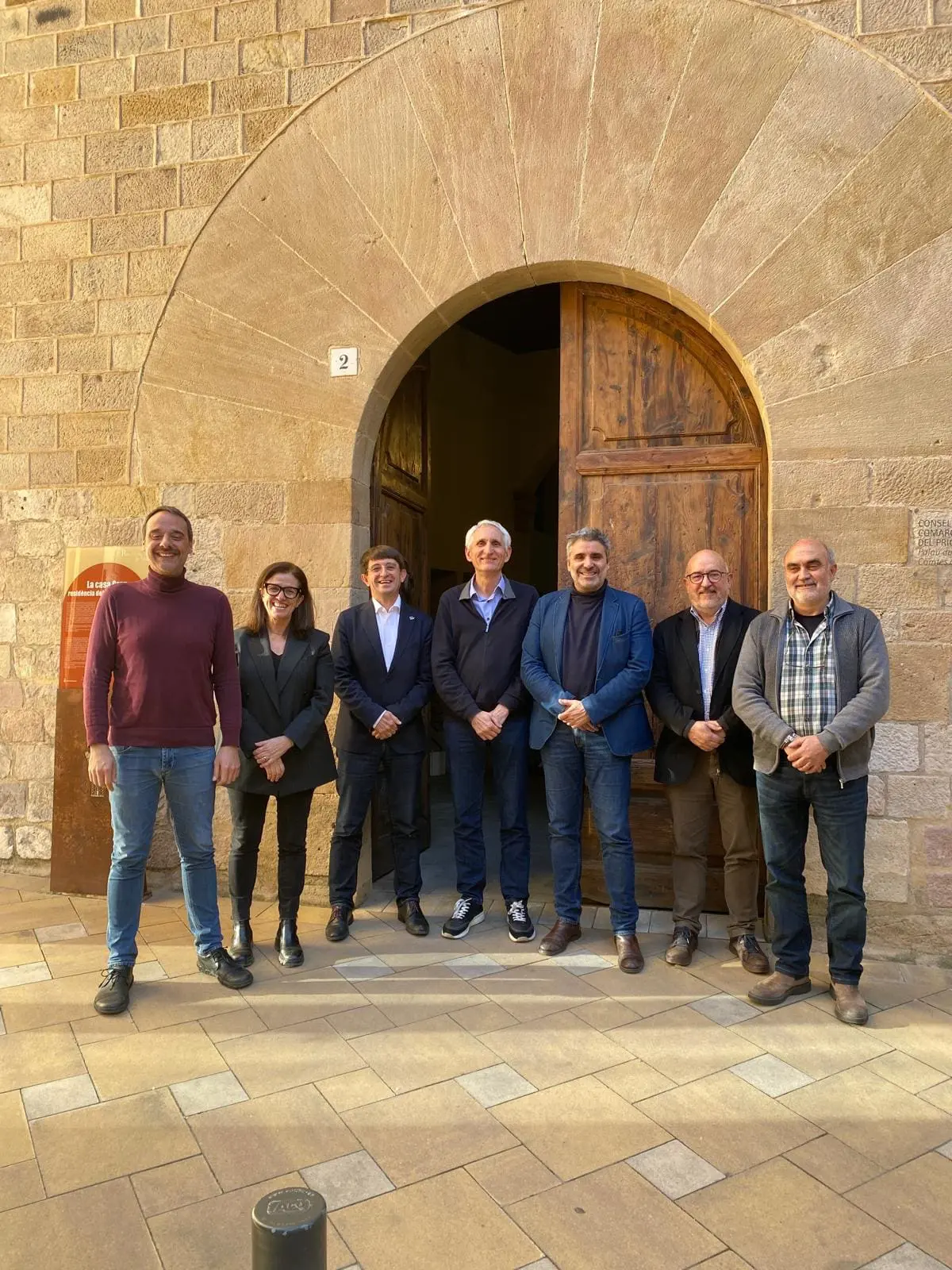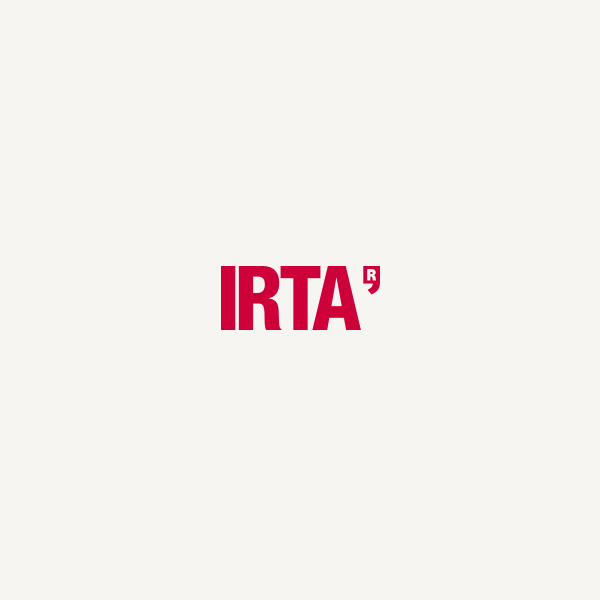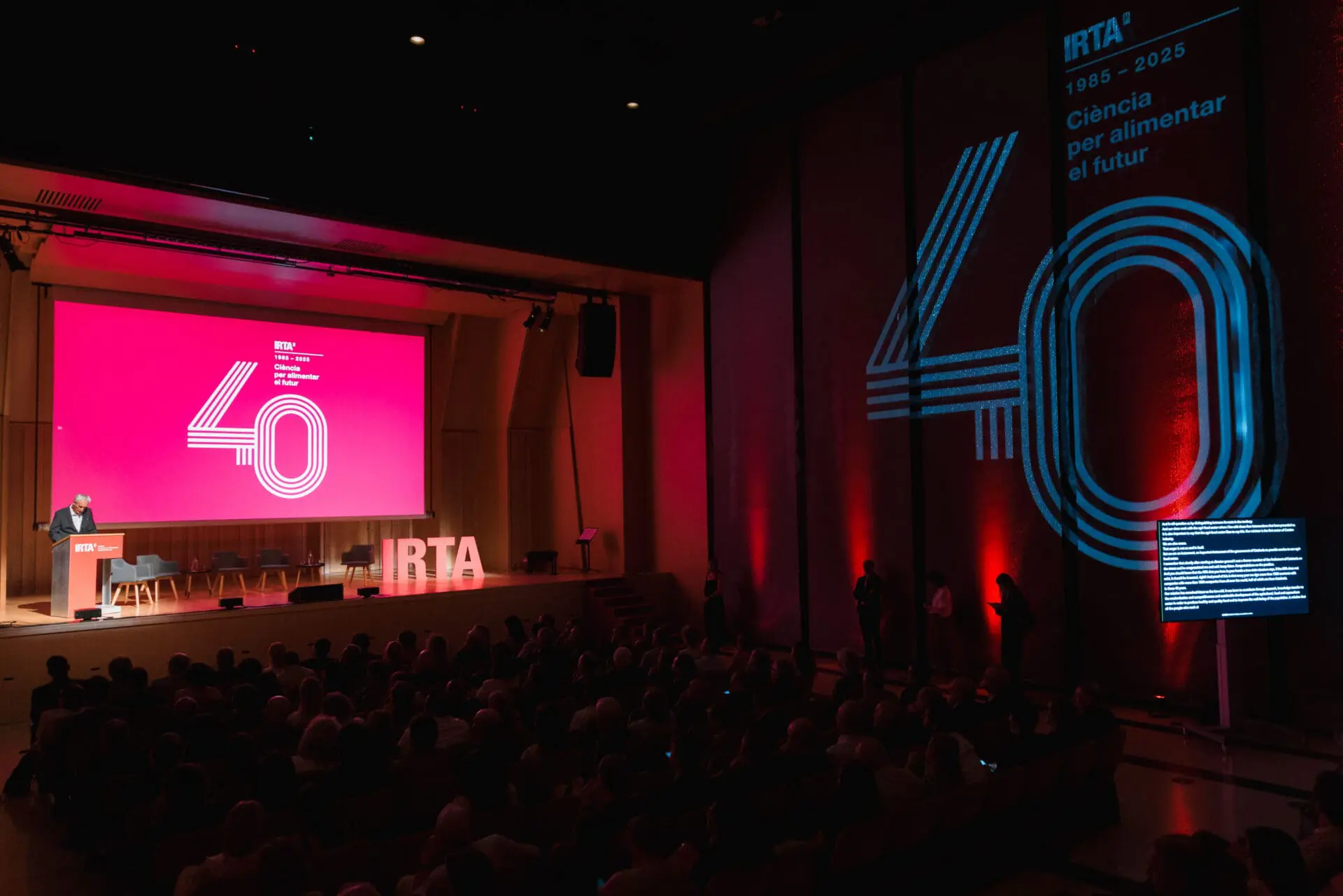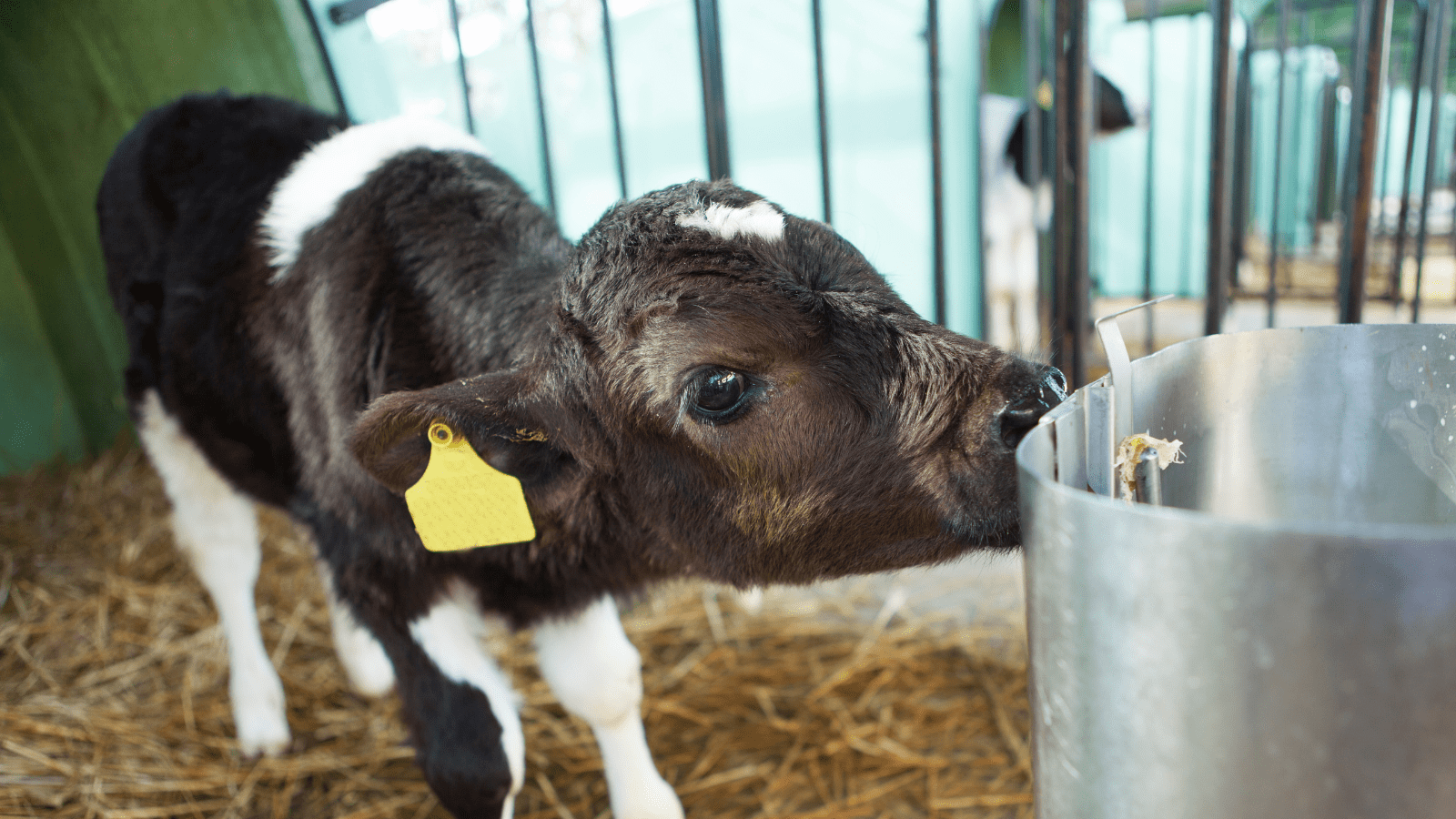
A committee delegated by the board of trustees of the Wine Technology Center (VITEC) approved yesterday afternoon the roadmap to implement its integration into the Institute of Agrifood Research and Technology (IRTA) throughout 2025.
This change in leadership comes at the request of the Department of Agriculture, Livestock, Fisheries and Food (DARPA) of the Government of Catalonia, through IRTA—a public research center attached to DARPA—with the aim of promoting a new governance model for VITEC that ensures its viability and strengthens the Catalan Government’s commitment to research and innovation in the wine sector.
With the integration, VITEC will maintain its activity, its brand (IRTA-VITEC), and its headquarters in the municipality of Falset, in the Priorat region, where the center is a reference point. At the same time, its research, innovation, and knowledge transfer capacity to the sector will be reinforced. A joint research unit will also be established between IRTA-VITEC and Rovira i Virgili University (URV).
The committee that has worked on this roadmap is made up largely of members of the board of trustees and the highest governing body of VITEC: the Rovira i Virgili University (URV); the Catalan Institute of Vine and Wine (INCAVI); the Falset Town Council; the County Council of Priorat; the Regulatory Council of the Qualified Designation of Origin Priorat; the Regulatory Council of the Designation of Origin Montsant, and IRTA. A representation from the Territorial Services of DARPA in Tarragona also took part in the meeting.
The integration of VITEC into IRTA, which already has ten research centers throughout Catalonia, represents a strategic opportunity to promote the competitiveness and sustainable development of the Catalan wine sector through research and innovation activities that foster synergies and optimize the use of infrastructure and specialized personnel. In fact, one of the scientific priorities of IRTA's current Strategic Plan is to boost research in viticulture in response to the challenges faced by the sector, notably the consequences of climate change.


